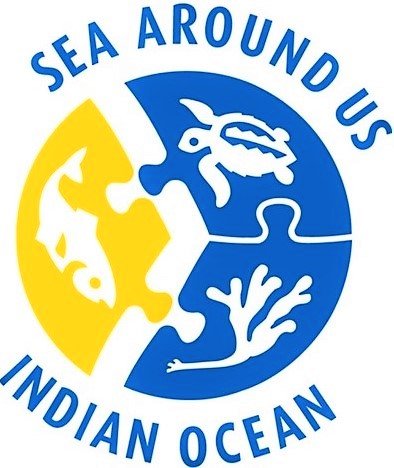Empowering Future Leaders at a scrumptious dinner: Exploring nature conservation at St. Catherine’s College
St. Catherine's College, located adjacent to the University of Western Australia, recently organized a Faculty and Industry Dinner for their students and selected guests. The event brought together a diverse group of speakers, each possessing unique insights into nature conservation and environmental issues. Among the renowned speakers were John Curtin Distinguished Professor Kingsley Dixon, as well as experts from government, industry and civil society. Adding to the esteemed speaking roster was our very own Professor Dirk Zeller, the Director of the Sea Around Us – Indian Ocean.
The objective of the event was to provide students with diverse perspectives on the wide array of roles that environmental conservation plays in shaping a sustainable future, and to challenge their role and actions in the arena of nature conservation and a liveable future. The speakers were asked to offer insights into their respective fields and experiences around nature conservation. These talks paved the way for a subsequent open discussion centred on four thought-provoking and contentious questions.
1. Would our conservation efforts be better directed towards mitigating future damage, such as through protecting primary producers, than towards saving species that we suspect may not survive in the changing climate?
2. How have the fields and efforts of conservation changed in recent years and how do you see future efforts evolving in the next decade?
3. Do you think Australia is effectively addressing its loss of biodiversity in marine and terrestrial ecosystems and how do you think our actions could be improved?
4. How do you see the role of data analytics and big data in shaping future conservation strategies?
The array of responses showcased the speakers' diverse expertise. Notably, Professor Kingsley Dixon's impactful address resonated deeply: "Have you heard the call of the Carnaby? You are hearing the sound of starvation." He further explained that, “Carnabys are very social birds and flocks in the past have been described as being so large that they blackened the sky like rainclouds. Sadly as of today approximately 90% of the Carnaby habitat in the Wheatbelt has been cleared, and it is estimated that their population has decreased in number by over 50%. Each and every one of these bird goes to bed hungry every night.”
This stark reality provided the backdrop against which the experts revealed pathways leading to a more sustainable future. For instance, Professor Zeller delved into the challenging 30x30 target—a global initiative striving to fully protect 30% of the world's oceans by 2030. With inspirational energy, he introduced this milestone to the students and guests: “Achieving this conservation target globally across all marine habitats can spark a remarkable recovery in the marine realm, building ecosystem resilience and affording humanity a crucial window of time to combat the repercussions of climate change.”
In a seamless transition, Professor Garry Kendrick from the UWA Oceans Institute joined forces with Professor Zeller in an engaging exchange of ideas, both radiating with infectious passion and energy. In unison, they outlined global marine and coastal conservation strategies, all the while emphasizing the significance of individual contributions in safeguarding our future ecosystems.
All in all, the night emerged as a captivating blend of thought-provoking entertainment and enlightenment, hopefully leaving a lasting impression on all participants. Catherine’s College orchestrated an exceptional evening, combining an incredible dinner with a wonderful assembly of minds: engaging, insightful, educational and yet entertaining.
Posted by Shannon Barrie (Sea Around Us - Indian Ocean) on the 24th August

